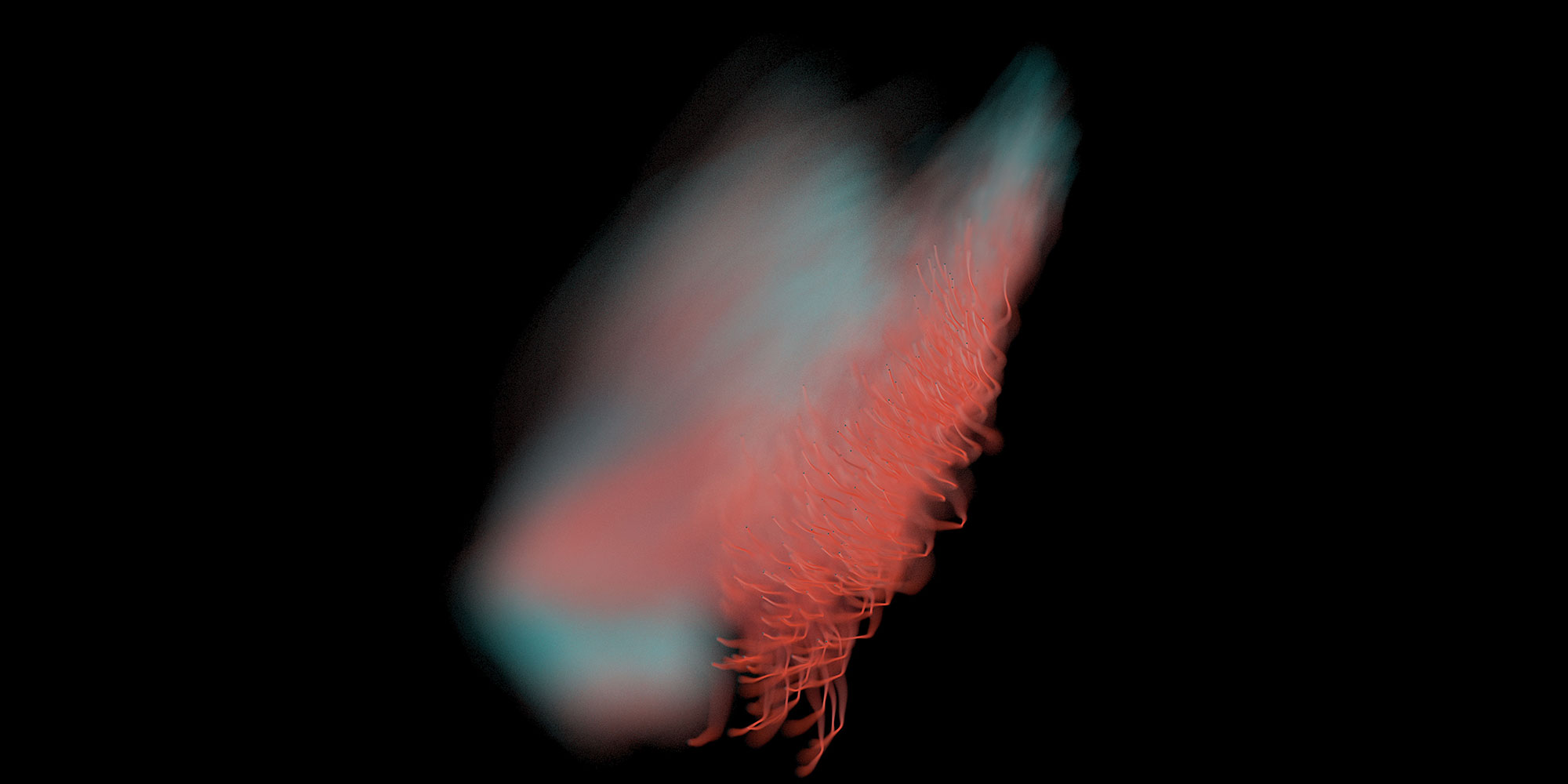Cosmoecology project prompts us to imagine the future of humanity or even other kinds of humanity that still remain unknown. Those aspects certainly entail some ethical and political considerations, which might be tackled from interdisciplinary approaches that intertwine Astrobiology, Exopolitics, Bioethics, and Media Studies.
This round table discussion highlights philosophical concepts and theories referred to life in space, simbiopolitics, ontological migration, and the envision of the new world to come.
Participants: Roberto Campos, Gonzalo Díaz Letelier, Luis Guzmán
Moderator: Jazmín Adler
Video
Biographies
Luis Guzmán
He holds a degree in Visual Arts from the University of Chile, with a major in Painting. His interest in combining art and Sciences led him to the field of bioethics, as the bridge between Sciences and Humanities. In 2012, he obtained a Master’s Degree in Bioethics shared between the School of Philosophy and Humanities and the School of Medicine of the University of Chile. In 2019 he received the Master of Fine Arts degree from the Art, Space & Nature program at the University of Edinburgh. He has participated in several exhibitions and collective presentations in prestigious spaces, such as the Museum of Modern Art (New York), The London Design Fair, The Saint Etienne Biennale du Design, and the Museum of Contemporary Art in Santiago, Chile. https://www.guzmanluis.com/
Gonzalo Díaz Letelier
Philosopher, with undergraduate and graduate studies in philosophy at the University of Chile and currently pursuing PhD studies at the College of Humanities, Arts and Social Sciences of the University of California – Riverside, in the United States. He has been a professor at several Chilean universities (UMCE, Universidad de Santiago, Universidad de Chile). His main lines of research focus on political ontology, starting from the question about the link between theology, metaphysics, aesthetics, power and violence. Currently, he projects these lines of research towards the post-humanist philosophy of nature; including studies in animality, language and translation, and a transdisciplinary investigation about the forms of sovereignty and government that cross the colonial, and postcolonial history of Latin America.
Roberto Campos
MSc and PhD in Ethics. He is a professor at the Faculty of Philosophy and Humanities of the Universidad de Chile where he teaches the seminar “Ethical and political inquiries on life”, and also at the Faculty of Physical Sciences and Mathematics, where he teaches the course “Introduction to transhumanism. Ethical perspectives on the future of humanity”. Since 2019, Roberto Campos has been the director of the Applied Ethics Studies Center (CEDEA) at Universidad de Chile.


